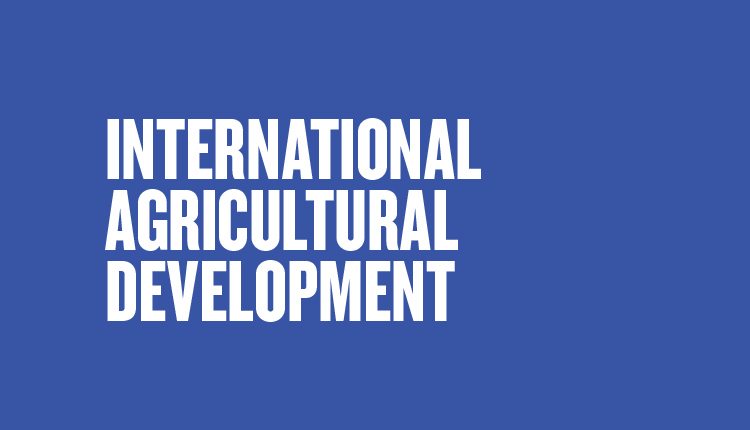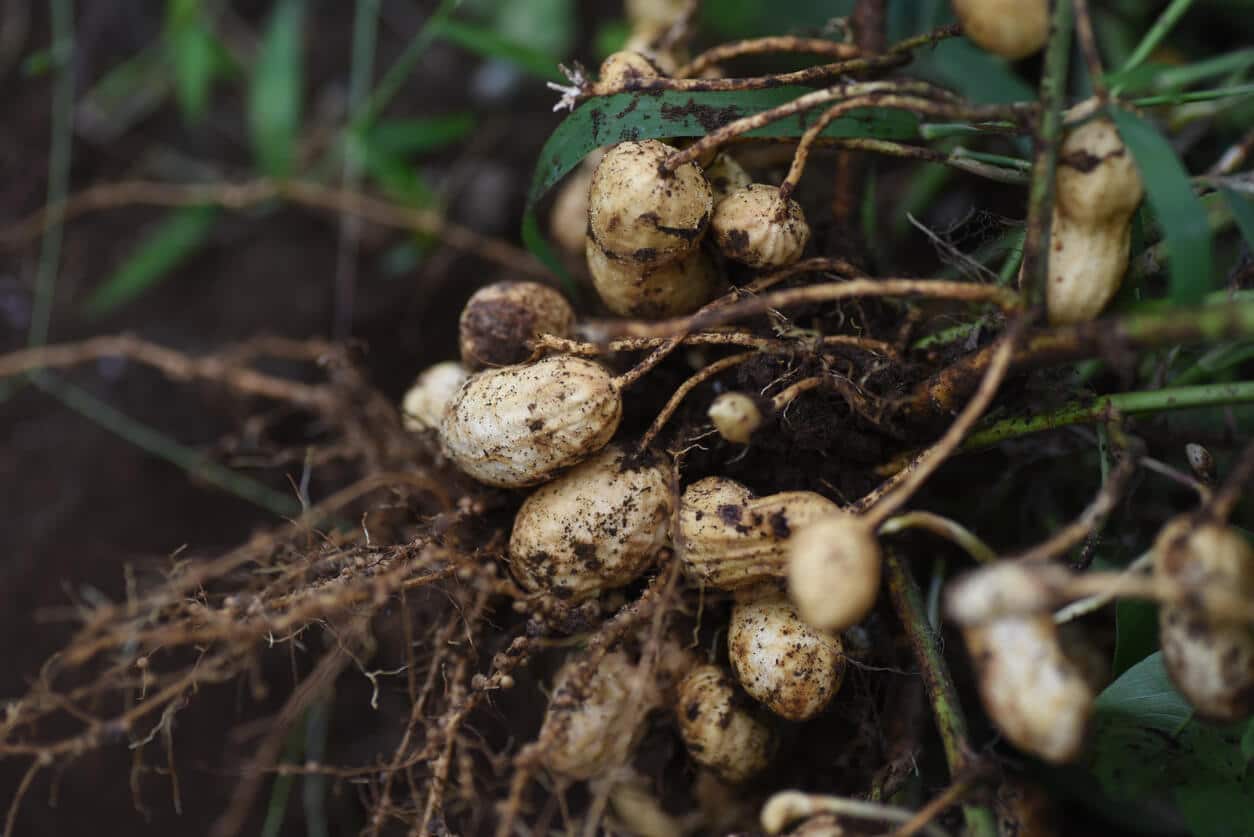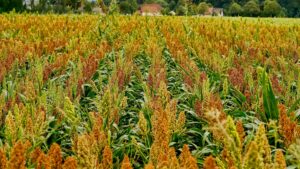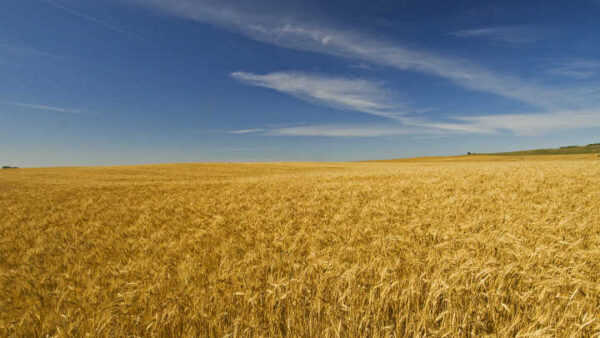The rapid advancement and adoption of new technologies, fueled by a highly educated populace and the availability of capital, in more developed agricultural economies might be likened to a raging wild fire. While in lesser developed agricultural economies, with poor infrastructure, limited access to capital and less education, one must first generate a spark. Then, gently fan it into a flame before creating a fire. Fostering the fire — that is the crux of capacity building.
Ahmadou Issaka and Charles “Tom” Hash Jr. are doing just that in West Africa. Hash is the principal scientist and pearl millet breeder for the International Crops Research Institute for the Semi-Arid Tropics (ICRISAT), and Issaka is the national pearl millet breeder for Niger’s national agronomic research institute (INRAN).
Both men respect the expertise and integrity of the other, and each is committed and compassionate about developing improved varieties of pearl millet to reduce food insecurity. It’s these commonalities that provide the basis for a productive professional collaboration.
The collaboration between Hash and Issaka takes many forms. Most notable from ICRISAT’s point of view is that it contracts INRAN to conduct high quality yield performance trials. From a recent visit to INRAN’s research station in Kollo, Niger, I can attest to the quality of off-season field trials and projects across several crop kinds conducted by Issaka and his team.
Issaka credits Hash for providing capacity building assistance and guidance in addition to improved pearl millet germplasm. Issaka says he and his staff benefit from the ongoing interaction with Hash, plus the formal and informal training opportunities offered by ICRISAT. The breeders also work jointly on some projects to develop new materials, provide each other alternate testing locations and often help with data analysis.
Hash, who hails from Montana, earned a doctorate in plant breeding from Cornell University before pursuing an international development career, which now spans nearly 30 years. Based near Niamey, Niger, for the past four years, Hash serves west and central Africa working with ICRISAT’s dryland cereals program.
Issaka, a native of Niger, earned his bachelor’s in Niger and master’s in Belgium. After 10 years of professional experience, he enrolled in the University of Ghana’s genetics and plant breeding doctoral program. All of his field research was conducted on pearl millet in Niger, while class work was done in Ghana. Since completing his Ph.D. in 2012, Issaka has served as INRAN’s senior research scientist in charge of the pearl millet breeding program.
Issaka’s doctoral program was made available through the West Africa Centre for Crop Improvement (WACCI) — a program housed at the University of Ghana and funded by international development agencies and private organizations. Known for providing students a high-quality education, WACCI allows students to remain in Africa, rather than have to enroll in programs farther from home. This alone helps to efficiently spread the core knowledge and underlying science required of plant breeders, as well as the doctorate credential, to aspiring African students.
Early in his career at INRAN, Issaka worked with sorghum under the guidance of Issoufou Kapran, a sorghum breeder and Winrock project manager. Kapran encouraged Issaka to shift his focus from sorghum to pearl millet. Kapran later accepted a position with AGRA’s Program for Africa’s Seed Systems (AGRA-PASS), and Issaka ultimately became the INRAN pearl millet breeder for Niger. Issaka and Kapran remain colleagues, and Issaka has benefited from various AGRA-PASS training and development opportunities.
As a result of this collaboration, Niger’s pearl millet breeding program, is better positioned to work with the emerging private seed sector — a sector where many companies are developing thanks to capacity building assistance provided by Kapran’s organization.
These linkages, partnerships and collaborations surround the good work of ICRISAT and INRAN in Niger, with respect to pearl millet breeding activities.
The magnitude of change required to make a timely and broad scale impact on West Africa’s ability to feed its population warrants the creation of an even greater number and more diverse set of collaborations than I witnessed with the pearl millet breeding programs of ICRISAT and INRAN in Niger. However, these programs demonstrate what might be attained through collaboration. The spark has ignited. The flame is being fanned.













